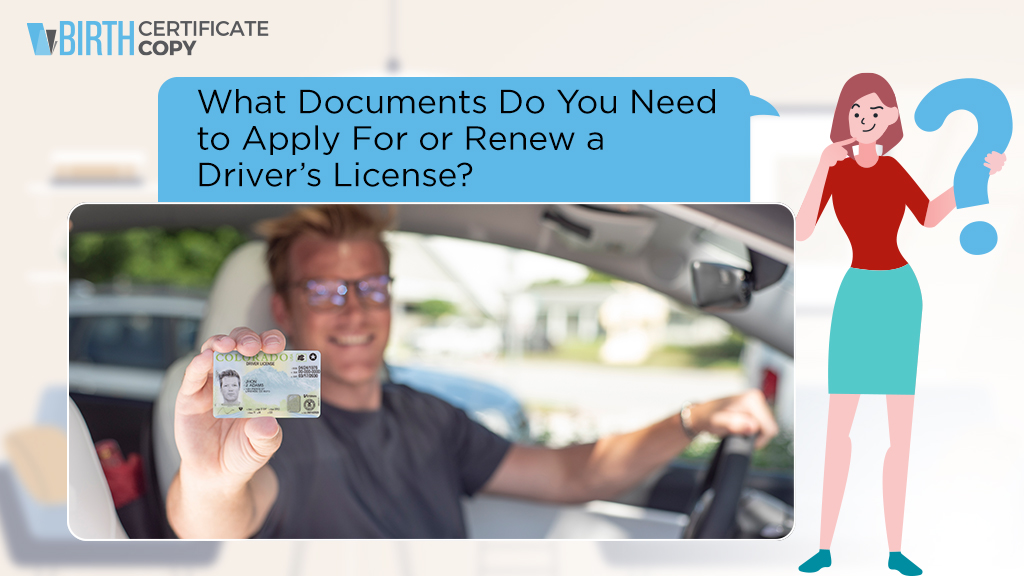Obtaining a driver’s license is an important step towards independence and mobility. To apply for a driver’s license, you will need to provide specific documents that establish your identity, residency, and eligibility. In this comprehensive guide, we will explore the necessary documents required to apply for a driver’s license. From the driver’s license application process to essential documents such as a social security card, certified birth certificate, and proof of residency, we will provide valuable insights to help you navigate the process smoothly.
Social Security Card and Number
One of the primary documents required to apply for a driver’s license is a social security card. A social security number serves as a unique identifier for individuals in the United States. It is crucial to present your original social security card or a government-issued document that displays your social security number. This helps establish your identity and eligibility to obtain a driver’s license.
Proof of Identity
To prove your identity, you will need to provide specific documents that verify who you are. Acceptable forms of identification may vary by state, but common documents include:
- Certified Copy of Your Birth Certificate: A certified copy of your birth certificate is often required as proof of your identity and age. This document can be obtained from the vital records office in the state where you were born. If you need a certified birth certificate copy, it’s easy to apply for one online through the vital records office’s website.
- Passport: A valid U.S. passport can also serve as proof of your identity and citizenship. If you have a passport, it is advisable to bring it as an additional identification document.
Proof of Residency
To establish your residency, you will need to provide documents that demonstrate your current address. Commonly accepted proof of residency documents include:
- Utility Bills: Recent utility bills (such as water, gas, or electric) that display your name and address can serve as proof of residency.
- Lease or Rental Agreement: A lease or rental agreement showing your name and address is often accepted as proof of residency.
- Bank Statements: Recent bank statements that display your name and address can be used to establish residency.
Additional Requirements and Procedures
In addition to the above documents, it’s important to check with your local Department of Motor Vehicles (DMV) for any additional requirements specific to your state. Some states may require additional documentation, such as proof of auto insurance or completion of a driver’s education course.
When visiting the DMV, be prepared to complete an application form, provide the necessary documents, and pay the required fees. It is advisable to make an appointment in advance to save time and ensure a smooth application process.
Obtaining a driver’s license requires providing specific documents to establish your identity, residency, and eligibility. These documents typically include a social security card, proof of identity (such as a certified copy of your birth certificate or passport), and proof of residency (such as utility bills or lease agreements). It is important to check with your local DMV for any additional requirements specific to your state. By preparing the required documents in advance and familiarizing yourself with the application process, you can navigate the driver’s license application process smoothly and confidently.

